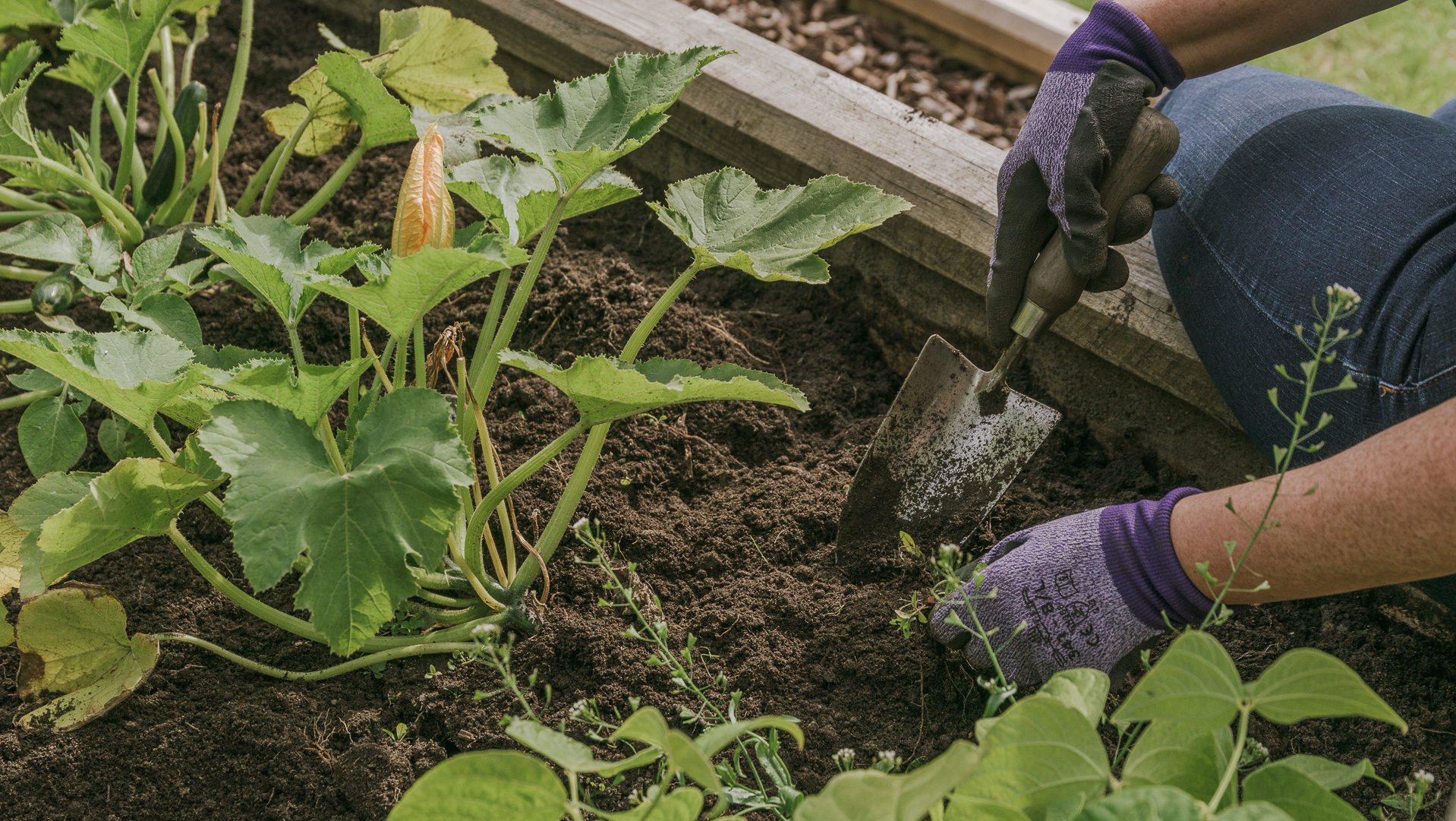Growing in your own garden means you have total control over what goes into your plants, and many gardeners are opting to have an organic garden, at least for their edible plants. Organic gardening means to grow without the use of chemicals but can be interpreted in different ways depending on how strict you want to be.
The first consideration is where – or in what – are you growing your plants? If you are growing in the ground, you have less control over what is in the soil, and what has been added to it by those who previously tended it, but by growing in raised beds and planters you can start afresh with topsoil and compost that is certified organic.
However, don’t forget that the raised beds themselves may contain chemicals which can leach into the soil and then get taken up by the plants. This is especially true of old railway sleepers, the older ones of which will be impregnated with creosote. WoodBlocX wood is not only treated in such a way that the wood will not leach any chemicals like traditional railway sleepers.
Artificial fertilisers are out if you are growing organically, but there are some organic multipurpose feeds available, including liquid seaweed extract. Alternatively, make your own by steeping fresh nettles or comfrey in a bucket of water for 24 hours and then straining the liquid to water the plants.
Most of the organic-or-not considerations relate to pest and disease control. Government and EU regulations have removed a lot of pesticides and other sprays from the market anyway, so it makes sense to stay organic. Raised beds makes keeping the pests away from your plants easier – many WoodBlocX beds are the same width as protective tunnels and cloches, so they will look neat and keep out the birds and bugs that want to eat the plants, and slugs and snails will not like to crawl up the wooden sides to get to them either.
The best way to keep your plants healthy and performing well is to look after them! Keep the areas around them clean, use clean tools, and keep an eye out for breakouts of pests and disease all the time: removing the affected parts promptly can often save the whole plant. All of this is again easier in raised beds, as the plants are that much closer to eye level, and it’s easier to see under the leaves where a lot of pests and diseases first take hold.
Gardening organically means working with nature, rather than trying to control it, for we inevitably lose that battle. Employ some natural predators by planting flowers such as marigolds (Tagetes and Calendula species), borage, dill, cosmos and herbs such as Mint, Fennel and Lavender to attract them to your garden. Feed the birds over winter too – in the summer they will feast instead on the aphids in your garden (blue tits are especially good for this, so put peanuts, their favourite, in the feeder).




